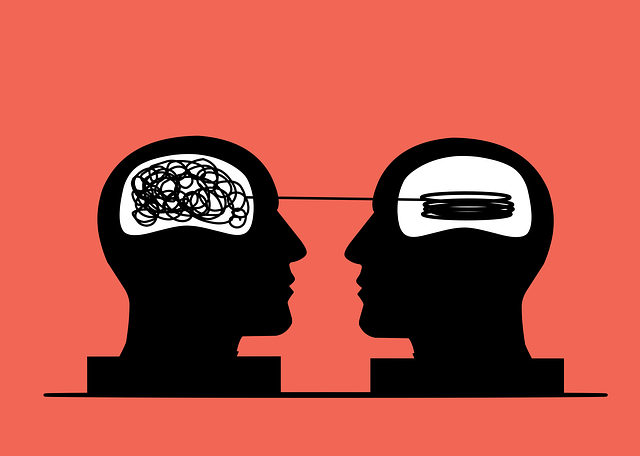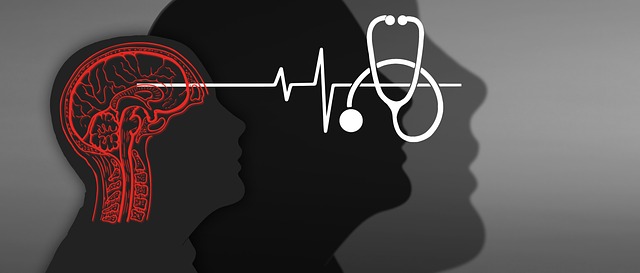Public awareness campaigns about Superior Gender Identity Therapy utilize effective communication and mental health education to promote understanding, acceptance, and empowerment regarding gender identity issues. These initiatives must balance sensitivity with reach, incorporate cultural context, and leverage success stories for maximum impact. Engaging diverse communities through strategic outreach overcomes barriers like limited access and mistrust, while healthcare provider training ensures cultural sensitivity. Evaluating campaign effectiveness tracks societal shifts in attitudes, behaviors, and policy using analytics, feedback forms, and focus groups, guiding future strategies aligned with community needs.
Public awareness campaigns play a pivotal role in shaping societal understanding and acceptance, especially regarding sensitive issues like gender identity. This article delves into the development of such campaigns, highlighting key components for success. We explore the essential role of education in fostering inclusive communities and present effective strategies tailored to gender identity therapy, addressing unique challenges. By examining case studies and best practices, we offer insights into overcoming barriers to public engagement, ultimately advocating for superior gender identity therapy through measurable outcomes and positive societal impact.
- Understanding Public Awareness: The Role of Education in Society
- Designing Effective Campaigns: Strategies for Gender Identity Issues
- Overcoming Barriers: Challenges and Solutions in Public Engagement
- Measuring Success: Evaluating the Impact of Gender Identity Therapy Campaigns
Understanding Public Awareness: The Role of Education in Society

Public awareness campaigns play a pivotal role in educating societies about various issues, including mental health and complex topics like gender identity. Understanding the public’s perspective is essential, as it forms the foundation for creating effective mental health education programs design that cater to diverse audiences. By integrating communication strategies that resonate with different demographics, these campaigns foster emotional intelligence—a key aspect of overall well-being.
In the context of superior gender identity therapy, awareness initiatives can dispel myths and promote inclusive practices. Educating communities about gender diversity encourages empathy and acceptance, fostering an environment where individuals feel safe to explore and express their identities. This, in turn, empowers people to seek support for their mental health journey, ensuring they have access to the necessary resources and understanding from their peers and society at large.
Designing Effective Campaigns: Strategies for Gender Identity Issues

Designing effective public awareness campaigns for gender identity issues requires a nuanced approach that balances sensitivity with impact. Incorporating Cultural Sensitivity in Mental Healthcare Practice is paramount to ensuring messages resonate across diverse communities. This involves understanding and respecting the unique cultural contexts and beliefs surrounding gender identity, tailoring content accordingly to avoid reinforcement of harmful stereotypes or misconceptions.
A successful strategy leverages Mental Health Education Programs Design to empower individuals with knowledge about various gender identities and the importance of acceptance. By fostering open dialogues and providing accessible resources, these campaigns facilitate emotional healing processes for those struggling with their sense of self. Moreover, highlighting success stories from diverse individuals who have undergone Superior Gender Identity Therapy can serve as powerful testimonials, normalizing conversations around gender identity and contributing to a more inclusive society.
Overcoming Barriers: Challenges and Solutions in Public Engagement

Engaging the public requires navigating various barriers that can hinder effective communication and participation. One significant challenge is reaching diverse communities, especially those with limited access to resources or historical mistrust of healthcare systems, such as marginalized gender identity groups. To overcome this, tailored community outreach program implementation strategies are crucial. This involves using accessible platforms, partnering with trusted community leaders, and offering services in multiple languages to ensure inclusivity.
Additionally, healthcare providers play a vital role in fostering public awareness by adopting burnout prevention strategies. Burnout can impact their ability to connect with individuals, especially those from different cultural backgrounds. Incorporating cultural sensitivity in mental healthcare practice is essential to creating safe spaces where folks feel understood. By addressing these challenges head-on, we can enhance the reach and effectiveness of public awareness campaigns, such as those promoting superior gender identity therapy, ensuring that support and resources are available to all who need them.
Measuring Success: Evaluating the Impact of Gender Identity Therapy Campaigns

Evaluating the success of public awareness campaigns focused on gender identity therapy is a critical aspect of understanding their impact and effectiveness. Measuring success goes beyond mere exposure; it involves assessing the shift in societal attitudes, behaviors, and perceptions towards individuals with diverse gender identities. By employing robust evaluation methods, campaign organizers can gauge whether these initiatives are fostering greater acceptance, empathy, and support for transgender and non-binary individuals.
One key metric is tracking changes in public opinion polls, media representations, and policy developments related to gender identity rights. Additionally, measuring the reach and engagement of campaigns through website analytics, social media metrics, and event attendance provides insights into the level of interest and participation. Equally important are qualitative assessments, such as participant feedback forms and focus groups, which capture personal stories of resilience building and inner strength development inspired by these awareness efforts. These comprehensive evaluations help in refining future strategies for Superior Gender Identity Therapy campaigns, ensuring they remain relevant, impactful, and aligned with the needs of the communities they serve.
Public awareness campaigns play a pivotal role in shaping societal understanding and acceptance, especially regarding complex issues like gender identity. By combining education with strategic communication, as highlighted in this article, we can effectively address misconceptions and promote inclusivity. The success of these initiatives, as evidenced by the impact of Superior Gender Identity Therapy campaigns, underscores the power of informed discussions and community engagement. Moving forward, continuous evaluation and adaptation based on measurable outcomes will be essential to fostering a more accepting and supportive environment for all individuals.














